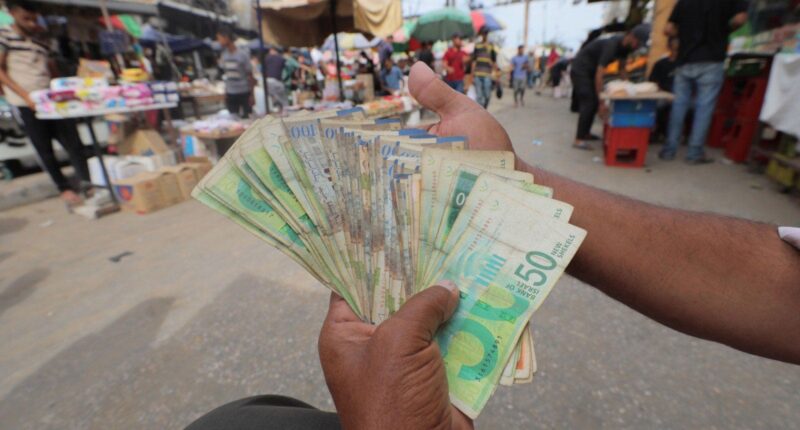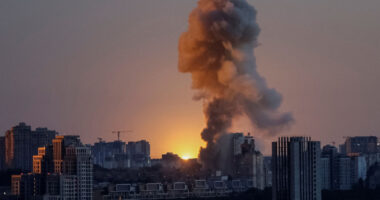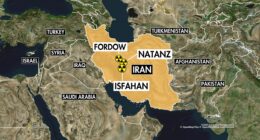Protesters in Gaza target Hamas
In an unprecedented move that involves great personal risk, residents of Gaza are speaking out against Hamas, the group that has held power for 18 years, as reported by Mike Tobin from Fox News.
According to an expert on Hamas’ financial and economic activities, the monthly cash transfers from United Nations agencies intended for Gaza residents are inadvertently empowering the Hamas terrorist organization. This is because Hamas and its associates are able to manipulate and control the distribution of funds within the enclave, creating a situation where the aid money ends up benefiting the group.
Eyal Ofer, speaking to Fox News Digital, highlighted how Hamas takes advantage of its position as the governing body in Gaza to profit from the aid money channeled through various U.N. channels to the civilians in the area, using apps that are still functioning in the region.
“The aid system is being manipulated by Hamas and affiliated traders. Hamas does this largely behind the scenes, leveraging their control over large merchants, crime families, and using cash to establish a shadow banking system within Gaza.”
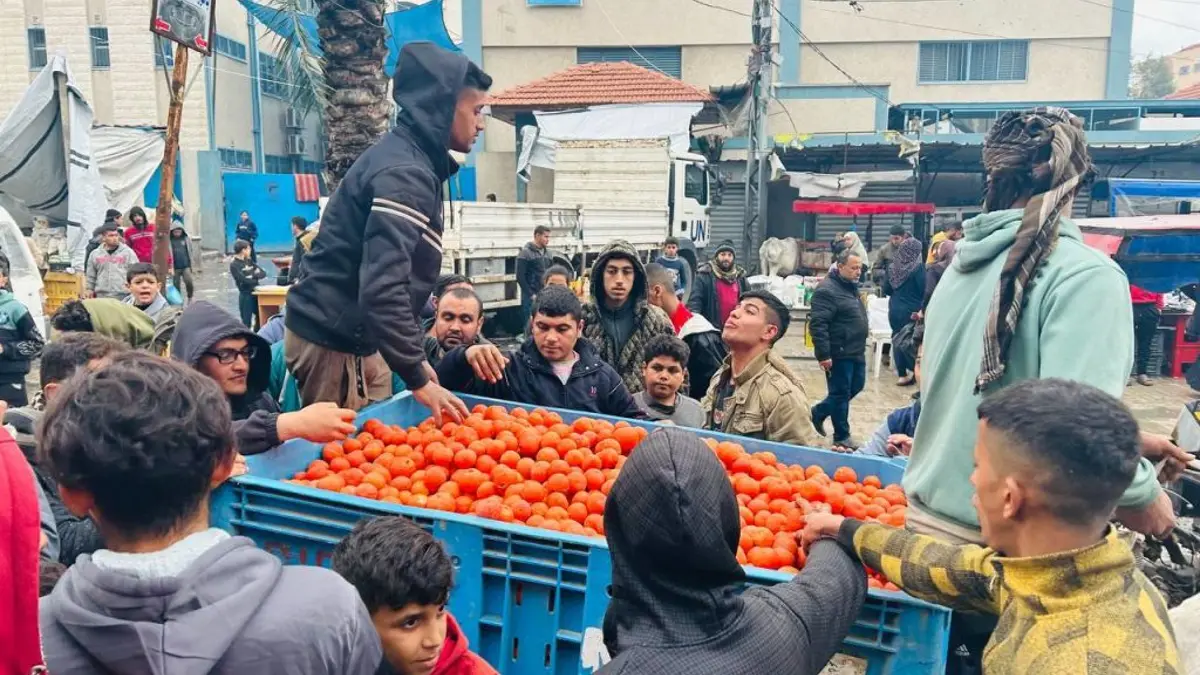
Palestinians shop for food and clothes at the local bazaar as daily life continues in the shadow of war in Jabalia, Gaza, on January 15, 2024. (Photo by Mahmoud Shalha/Anadolu via Getty Images) (Photo by Mahmoud Shalha/Anadolu via Getty Images)
A spokesperson for UNICEF told Fox News Digital, “UNICEF is aware of the cash liquidity crisis in Gaza and the continuous shortage of hard cash, which is a direct consequence of the banking system’s inability to function amid the ongoing conflict.
“Since May 2024, UNICEF has introduced fully digital cash payments via e-wallets, which do not require hard cash at any point. By using e-wallets, recipients of humanitarian digital cash transfers can purchase goods such as food, hygiene items and medicine without ever handling physical money,” the spokesperson said.
“The use of digital e-wallets can be accessed through an app and works on the most basic smartphones. When implemented, these digital cash payments via e-wallets eliminate the need for cash conversion and, consequently, the payment of any fees. The UNICEF humanitarian digital cash program adheres to the highest standards of neutrality and impartiality. No external party, actor, or agency—not even the beneficiaries themselves—has any role or influence in the design or implementation of the program, including the composition of the beneficiary list, payment schedule, frequency and amounts.”
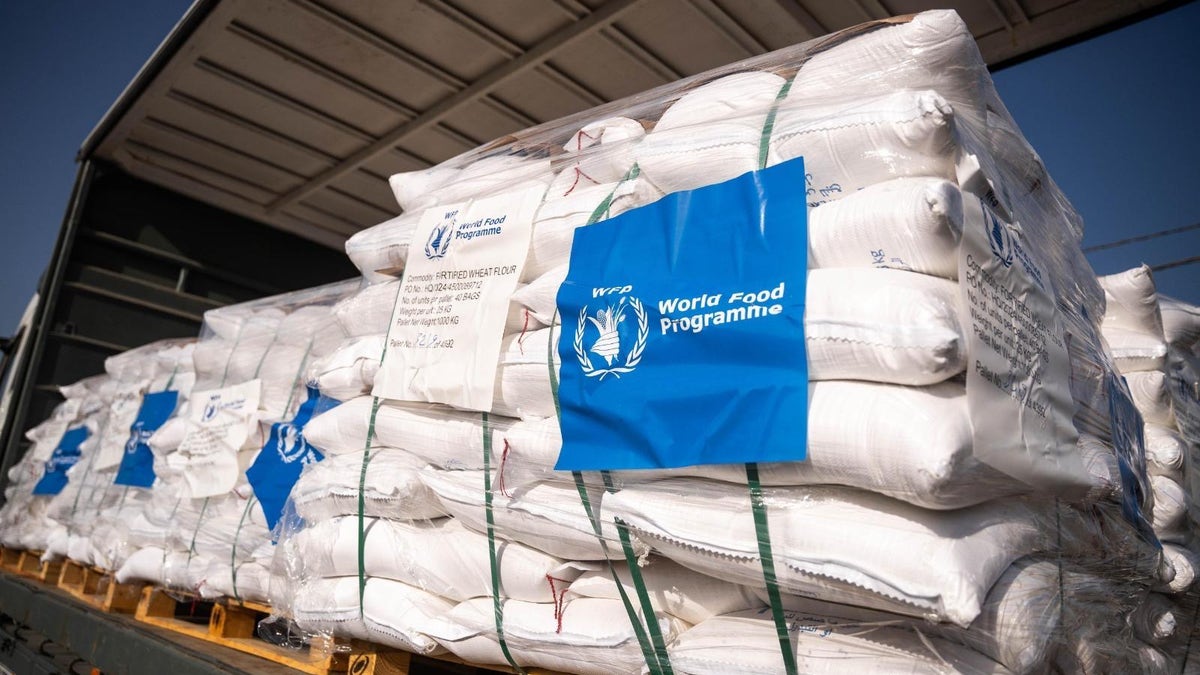
World Food Programme (WFP) aid at the Erez west crossing on the Israel-Gaza border. (IDF spokesman)
The spokesperson claimed: “More than 1.8 million people—close to the entire population of Gaza—are grappling with extreme food insecurity, with at least half of them being children. . . . Acute malnutrition among children is rising at alarming rates. The UNICEF humanitarian cash transfer program is, simply put, keeping children alive in the midst of a war not of their making by providing them with access to essential items for their survival. UNICEF’s monthly budget for humanitarian cash transfers in Gaza averages USD 5 million to support approximately 20,000 families. We estimate that these parameters are too small to significantly impact the local economy.”
The World Food Programme didn’t respond to multiple requests for comment.
“Turning a blind eye is not acceptable. The U.N. Security Council has been addressing terrorist financing since 2001, yet aid agencies continue to ignore the fact that Hamas is making a profit off this money flow, despite international efforts to stop terrorist financing,” Gallo said.
–>
